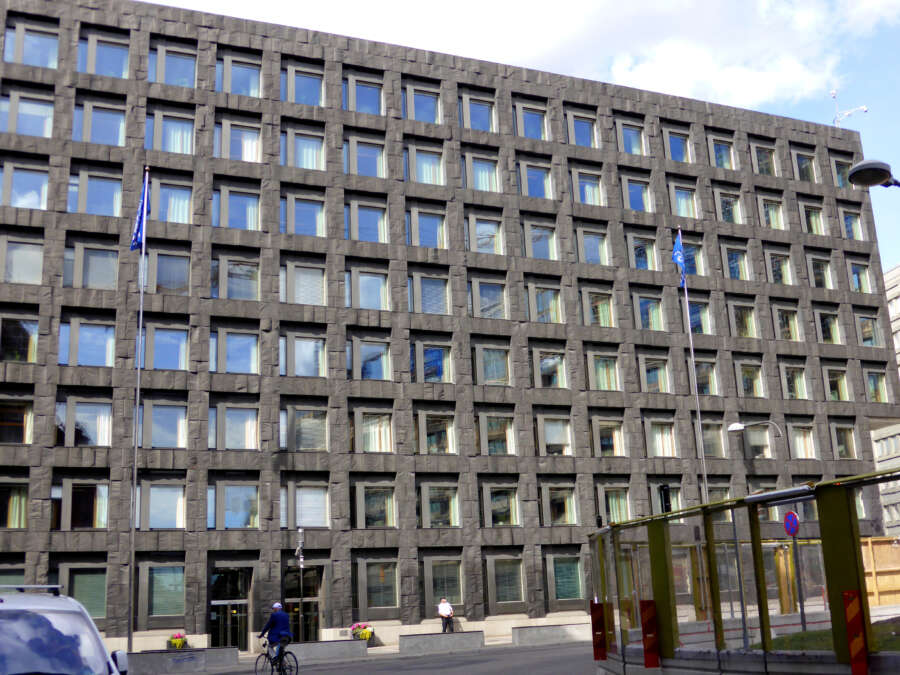
STOCKHOLM (Reuters) – Sweden’s economy is split between export and manufacturing businesses which are doing well and retail-facing firms which are having a hard time, a regular survey by the central bank showed on Friday.
“The business sector is clearly divided, both in terms of its view of economic activity and the need to continue raising sales prices,” the Riksbank said in a summary of the survey.
Economic activity was stronger than expected in the first quarter, with GDP expanding 0.6% compared to the previous three month period.
But that has masked a split between different sectors.
Surging inflation and higher interest rates have hit households particularly hard. Consumption has declined, house prices have dropped and many mortgage borrowers are struggling to make ends meet.
However, the export sector has done much better, thanks in part to a weak Swedish crown.
The Riksbank said the manufacturing sector remained strong, with production, orders and profitability robust.
But retailers are having a tough time.
“The cost increases continue to be a concern for the retail trade, which experiences increased purchasing costs when the krona is weak,” the Riksbank said.
In terms of pricing, the outlook was also mixed. The Riksbank is struggling to bring down inflation but retailers plan to continue raising prices, the survey showed.
Manufacturers, however, said that price hikes were now slowing.
The Riksbank plans to raise rates at least one more time this year, either at the end of this month or in September.
(Reporting by Simon Johnson; Editing by Toby Chopra)


